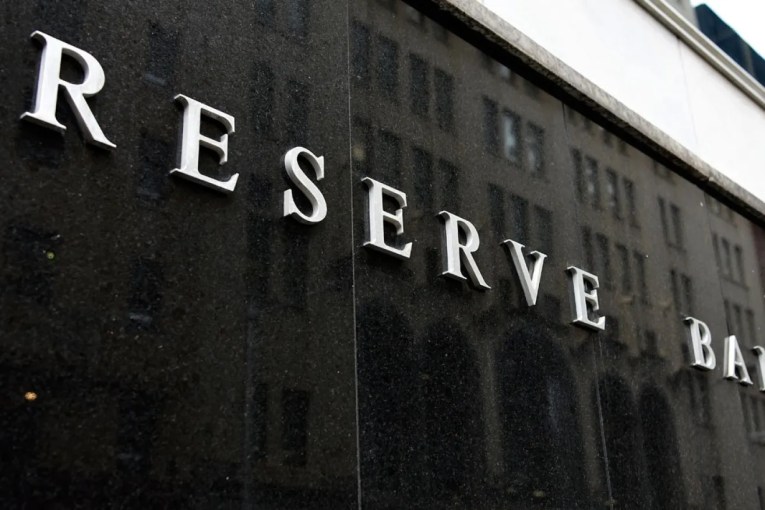Consumers bouncing back from coronavirus jitters


The consumer confidence index jumped 6.3 per cent in June, and has recovered all of an earlier 20 per cent drop when fears surrounding COVID-19 were rife. Photo: ABC
Consumers are happier about their lot than they were just a couple months ago when they were expecting the worst from the coronavirus pandemic.
The monthly Westpac-Melbourne Institute consumer sentiment index jumped 6.3 per cent in June, and has now recovered all of the 20 per cent loss seen when the pandemic exploded in March/April.
The numbers represent a recovery of sorts after drops in the last few months were twice as much as levels experienced during the Global Financial Crisis.
Westpac chief economic Bill Evans thought the rebound as remarkable.
“Confidence has clearly been buoyed by Australia’s continued success in bringing the coronavirus under control, which has in turn allowed for a further easing in social restrictions over the last month,” Mr Evans said releasing the survey on Wednesday.
However, he said with the unemployment rate set to remain elevated, extensive restrictions staying in place and the economy facing permanent structural change it would be surprising if the recent upward momentum continues.
That was the case with the weekly ANZ-Morgan consumer confidence index released earlier – delayed by a day due to this week’s Queen’s Birthday holiday – which dropped 1.3 per cent and ending a nine-week recovery.
“Last week’s fall in confidence can be seen as more of a consolidating move than weakness, as it has come after the most extended stretch of gains in the history of the weekly survey,” ANZ head of Australian economics David Plank said.
The weekly gauge showed views on economic and financial conditions were little changed.
“A pleasing result given the news that Australia is almost certainly in a technical recession,” Mr Plank said.
Data last week showed the economy shrank by 0.3 per cent in the March quarter ahead of what is expected to be a severe contraction in the June quarter, which will mark the first recession in nearly 30 years.
Treasury secretary Steven Kennedy told a Senate committee on Tuesday the economic hit from the coronavirus will be smaller than initially expected because the health outlook has improved.
“However, this will still be the single biggest economic shock Australia has faced in living memory,” he told senators.
Meanwhile, the Morrison government is moving to ease the burden of paying tax instalments for millions of Australians by suspending indexation for the 2020/21 financial year.
The change will affect instalments payable to the Australian Taxation Office for an estimated 2.2 million taxpayers paying Pay As You Go income tax instalments and around 81,000 taxpayers paying GST instalments in the next financial year.
“The decision to suspend the indexation of tax instalments is yet another tangible way the Morrison government is supporting Australians as we respond to the COVID-19 crisis,” Assistant Treasurer Michael Sukkar said in a statement on Wednesday.
Indexation is used to gauge a range of instalment amounts annually to reflect anticipated income growth.
For the purposes of calculating instalment amounts the ATO makes taxpayers pay throughout the year, it uses historical gross domestic outcomes, unlike other payments such as pensions, which are indexed against the consumer price index.
-with AAP








